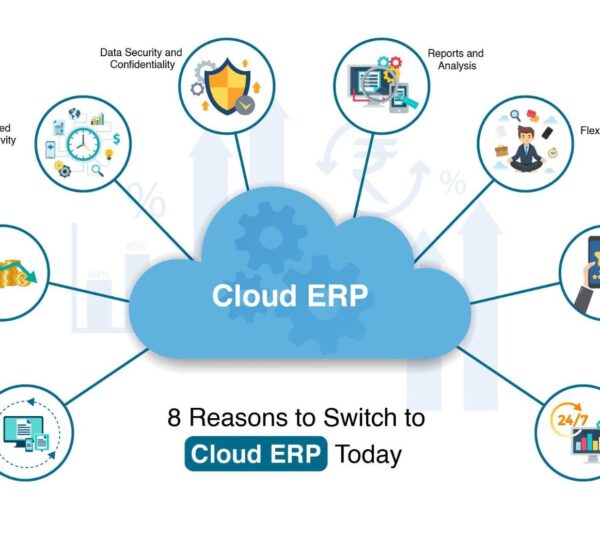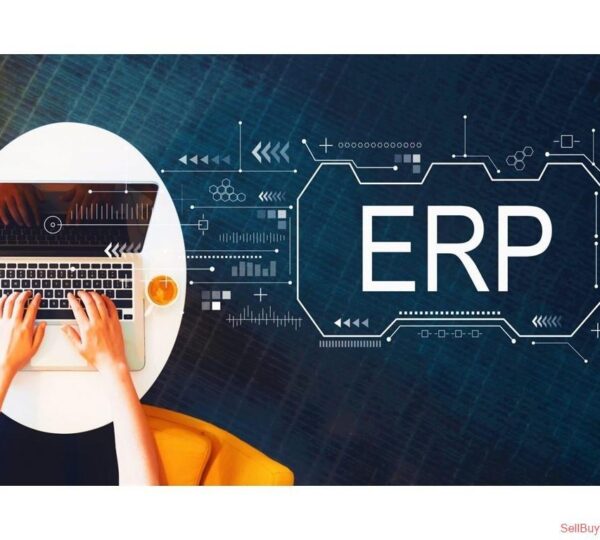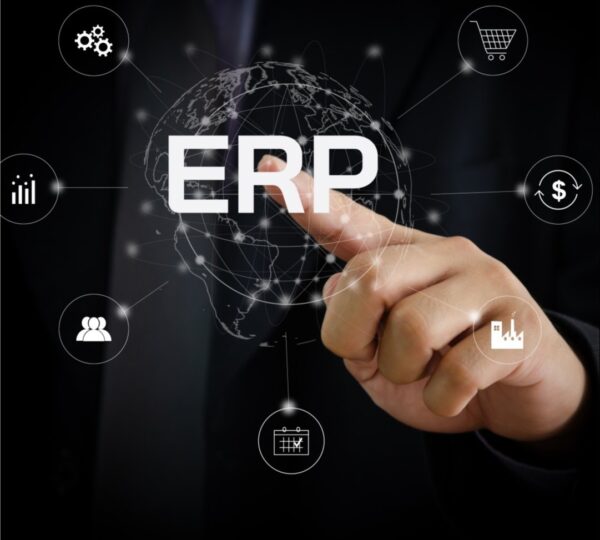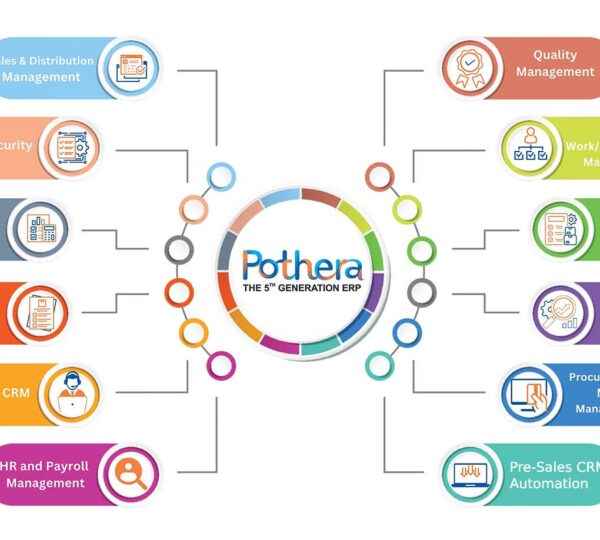- Anywhere
Implementing an Enterprise Resource Planning (ERP) software system for a manufacturing company can significantly enhance efficiency and productivity across various operations. Here are some key aspects to consider when looking into ERP software for manufacturing:
- Core Features: Look for ERP systems that offer comprehensive modules specifically tailored for manufacturing, such as inventory management, production planning and scheduling, quality control, supply chain management, shop floor management, and financial management.
- Integration: Ensure the ERP system seamlessly integrates with your existing software and machinery. It should connect all departments (production, procurement, sales, finance) to provide real-time data and streamline workflows.
- Scalability: Choose a solution that can grow with your business. Manufacturing companies often expand, so the ERP system should be able to accommodate increasing data volume and complexity.
- Manufacturing-specific Capabilities: The ERP should support key manufacturing processes like bill of materials (BOM) management, work order management, capacity planning, batch and lot tracking, and advanced planning and scheduling (APS).
- Quality Control and Compliance: Ensure the ERP system supports quality management functionalities such as inspections, non-conformance tracking, and compliance with industry standards and regulations.
- Mobility and Accessibility: Look for ERP systems that offer mobile access and real-time dashboards. This allows managers and workers to access critical information from anywhere, enhancing decision-making and responsiveness.
- User Interface and Ease of Use: A user-friendly interface is essential for adoption and efficiency. Employees should be able to navigate the system easily and perform tasks without extensive training.
- Analytics and Reporting: Robust reporting and analytics capabilities are crucial for manufacturing companies to monitor performance, identify bottlenecks, and make data-driven decisions for continuous improvement.
- Vendor Support and Maintenance: Consider the reputation and support services of ERP vendors. Ensure they provide reliable technical support, regular updates, and maintenance to keep the system running smoothly.
- Customization: Depending on your specific manufacturing processes, you may need some level of customization. Evaluate whether the ERP system allows for customization without compromising system stability and future upgrades.
Popular ERP software options for manufacturing companies include SAP S/4HANA, Oracle Netsuite, Microsoft Dynamics 365 for Finance and Operations, IQMS (now part of Dassault Systèmes), and Epicor ERP. Each of these solutions offers a range of manufacturing-specific functionalities and can be tailored to meet the unique needs of different manufacturing industries.
When selecting an ERP software for your manufacturing company, it’s important to conduct a thorough needs analysis, involve key stakeholders in the decision-making process, and prioritize features that align with your business goals and processes.
Contact Business
Opening Hours
Additional info

Los Anegles
Los Anegles








